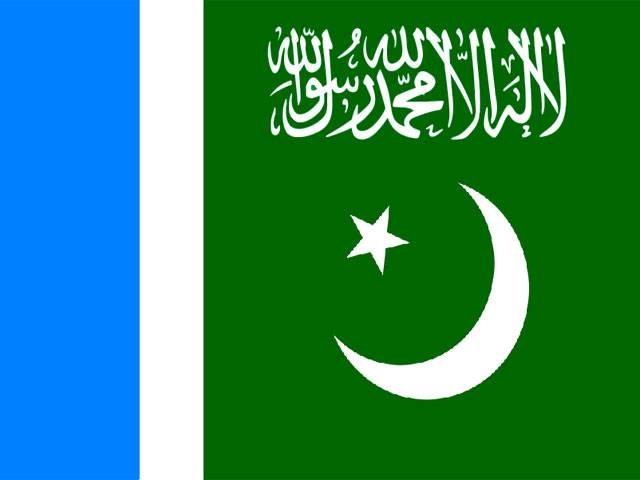ISLAMABAD – Eliminating the undecided Jamaat-e-Islami, religio-political parties on Thursday decided in principle to revive their five-year-old alliance, the Muttahida Majlis-e-Amal. “In view of the country’s present situation, we have decided to revive the Muttahida Majlis-e-Amal,” JUI-F chief Maulana Fazlur Rehman told a news conference after a meeting with other component groups of the alliance. Formed in 2002, the MMA – an electoral platform of around six groups –collapsed in 2005 due to internal bickering. Political differences between the Jamaat-e-Islami and the Jamiat Ulema-e-Islam-Fazl were cited as a major reason behind the split. According to sources, chances of participation of the JI in the reconstructed MMA are still slim. They said that Fazlur Rehman was likely to be head of the new MMA, since his party put lots of efforts over the past two years in uniting the splinter groups. Chaired by JUP chief Maulana Abu Alkhair Zubair, the meeting was attended by JUI-F’s Ghafoor Haideri, Pir Abdul Rahim Naqshbandi and Pir Abdul Shakor Naqshbanda of the JUI, and members of the Markazi Jamiat Ahl-e-Hadith and Islami Tehreek. “The JI did not participate in the revival of the MMA,” Fazlur Rehman told the media. “If it contacted to be part of us, the alliance would chalk out a new strategy accordingly.” The matter about JI’s participation, among others, would also be deliberated in the next meeting, he added. To a question, Fazl emphatically stated that neither he was part of the Taliban nor part of the government. Talking about the attack on Malala Yousafzai, the JUI-F chief questioned, “Why voice was not raised for Aafia Siddiqui who was hit by three bullets. Isn’t it double standards?”Fazl, to another query, said that military operation was not a final solution. “These five politico-religious parties oppose it.” About the brewing security situation in Karachi and Quetta, the JUI-F chief deplored that the government action to tackle the situation was unsatisfactory. In 2002, the MMA garnered the second-largest majority in the National Assembly, Majlis-e-Shoora, with 58 out of 342 seats, as well as a provincial majority in Khyber Pakhtunkhwa and a provincial minority in Sindh and Balochistan. Later in 2005, due to differences the parties separated and could not reunite until now.
Friday, April 19, 2024
MMA closes ranks, leaves Jamaat out

Opposition objects to oath-taking of MNAs amid lawlessness
5:15 PM | April 19, 2024
Electioneering to end on Friday night ahead of by-polls in 21 constituencies
5:14 PM | April 19, 2024
Fawad Chaudhry granted bail in 14 cases related to May 9 violence
5:13 PM | April 19, 2024
British Army chief lauds Pakistan Army's professionalism, expertise
5:12 PM | April 19, 2024
Israeli aircraft fire missiles at Air Force assets in Iran: Report
3:52 PM | April 19, 2024
A Tense Neighbourhood
April 19, 2024
Dubai Underwater
April 19, 2024
X Debate Continues
April 19, 2024
Hepatitis Challenge
April 18, 2024
IMF Predictions
April 18, 2024
Kite tragedy
April 19, 2024
Discipline dilemma
April 19, 2024
Urgent plea
April 19, 2024
Justice denied
April 18, 2024
AI dilemmas unveiled
April 18, 2024
ePaper - Nawaiwaqt
Advertisement
Nawaiwaqt Group | Copyright © 2024





